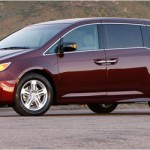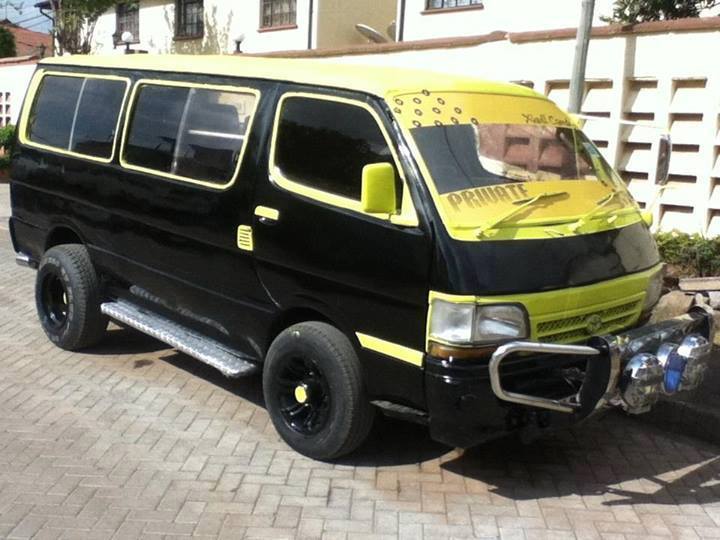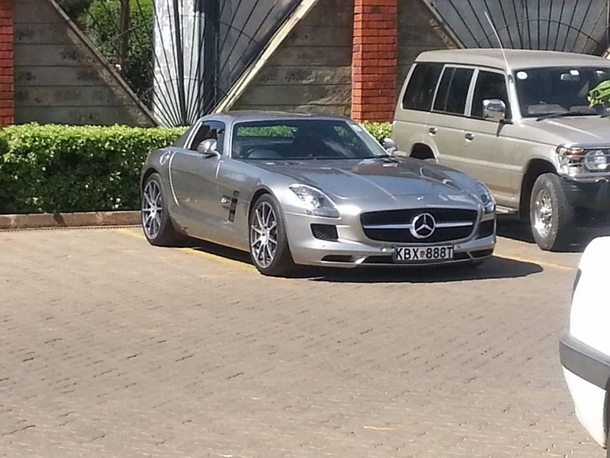 Japanese automakers continue to make the best vehicles in the world, according to Consumer Reports in the magazine’s annual Automaker Report Card feature, but Ford is gaining.
Japanese automakers continue to make the best vehicles in the world, according to Consumer Reports in the magazine’s annual Automaker Report Card feature, but Ford is gaining.
Honda, Subaru and Toyota topped the list, in succession, for the third year in a row. Meanwhile, Ford is considered the most improved, outpacing its Detroit peers. General Motors comes in second to last and Chrysler, hobbled by a lack of fresh product during testing, sits at the bottom for the third consecutive year.
Volvo is the only European automaker with an above-average reliability score, while Mercedes-Benz ceded ground in both of the Report Cards’ parameters, road-test performance and predicted reliability, for the second consecutive year.
David Champion, the senior director of the magazine’s Auto Test Center, said the Chrysler vehicles tested were produced before the company came under the control of Fiat. “We have tested the new Ram and Grand Cherokee, and we have been very impressed with the quality, functionality and the interior fit and finish of the new products coming out under the new Fiat regime,” he wrote.
The 2011 Automakers Report Card is anticipated each year as part of Consumer Reports’ annual auto issue, which provides consumers with information about new and used vehicles.
Each company received an overall score, which was based on an average of its models’ combined road-test and predicted-reliability scores. This year’s Report Card reflected data on 270 vehicles from 13 manufacturers.
The overall top five — Honda, Subaru, Toyota, Volvo and Ford — all received reliability ratings of Better Than Average. No automaker earned the highest rating, Much Better Than Average, and none the lowest, Much Worse Than Average.
Honda, including its Acura luxury division, received the best overall score, 74, and also logged the highest reliability rating of the 13 manufacturers. The magazine’s editors, however, qualified that some newer Hondas have been unimpressive. These included two hybrids, the CR-Z and Insight. While the road-test score for the redesigned Honda Odyssey dropped a few points over the previous generation, it was still acknowledged as the magazine’s top-rated minivan.
Subaru was awarded an overall score of 73. Only one model, the sporty Impreza WRX, was cited for below-average reliability.
Toyota, including its Lexus and Scion brands, received a 71 overall rating. Editors said that interior fit and finish was lacking on some newer models, specifically the Sienna minivan and the Venza wagon.
Volvo was the only European automaker that cracked the top of the recommended pack, with an overall score of 68. Although European cars were lauded for being fun to drive and tended to perform well in road tests, their reliability was inconsistent and many had controls that were confusing, the magazine said.
Ford, including Lincoln, received an overall 67, largely because of an uptick in the average road-test score for its tested vehicles, from 66 to 70. Editors were impressed with the Fusion, Flex, Mustang and the new Fiesta.
General Motors’ 56 score might have been higher had it not been dragged down by the Chevrolet Impala sedan and Colorado pickup truck, as well as below-average reliability of Cadillac and GMC models, the magazine said. Newer models like the Buick Enclave and LaCrosse, and the Chevrolet Equinox and Traverse, helped G.M.’s road-test and reliability scores.
For the third consecutive year, Chrysler earned the lowest overall score, with a 43. Despite Mr. Champion’s affinity for the company’s new products, he cautions that “reliability is still going to be an issue.”
The complete Report Card ranking appears below. The magazine’s April issue arrives on newsstands March 8, and subscribers can review ratings information online at the magazine’s Web site.
1. Honda
2. Subaru
3. Toyota
4. Volvo
5. Ford
6. Hyundai
7. Mazda
8. Nissan
9. Volkswagen
10. Mercedes-Benz
11. BMW
12. General Motors
13. Chrysler





![Here are some of the best tuned cars in kenya by state of the art garages [PHOTOS]](../../../blog/wp-content/uploads/2013/11/29402_10151301757042065_340470732_n-e1384498044289.jpg)

![[PHOTOS] Top 20 Used Cars to Avoid Buying in Kenya](../../../blog/wp-content/uploads/2013/11/top-used-unreliable-cars-to-avoid2-100x70.jpg)



